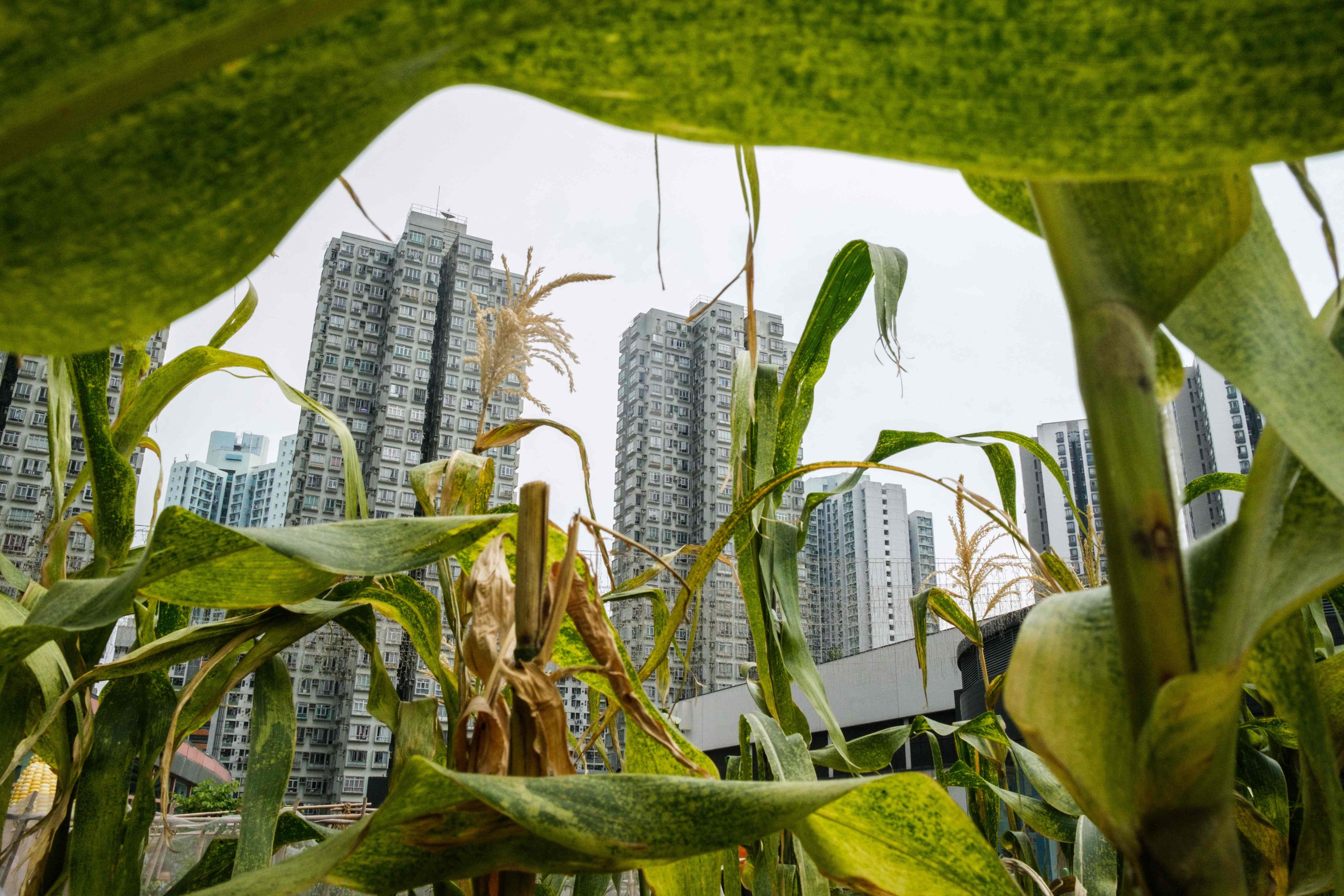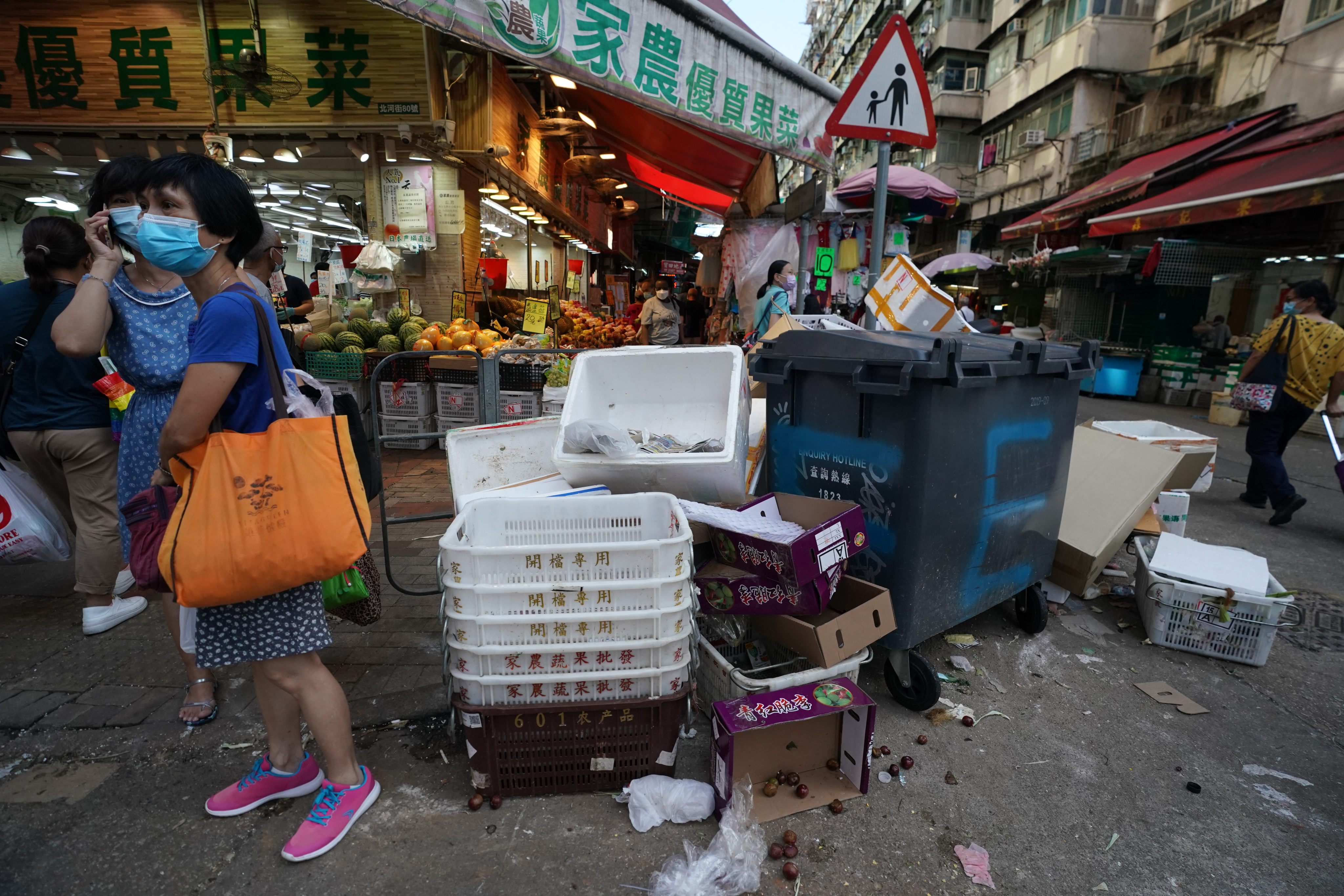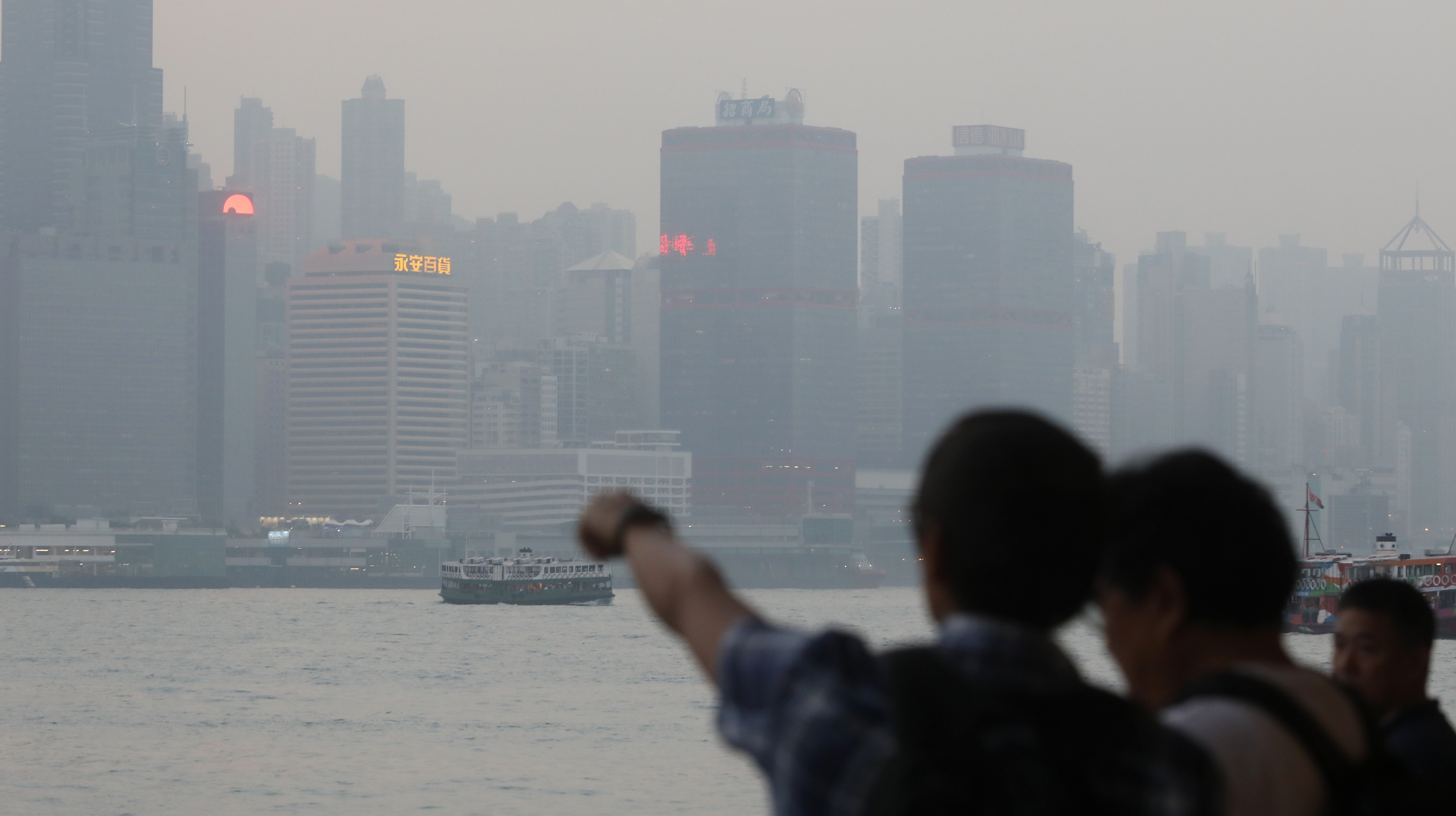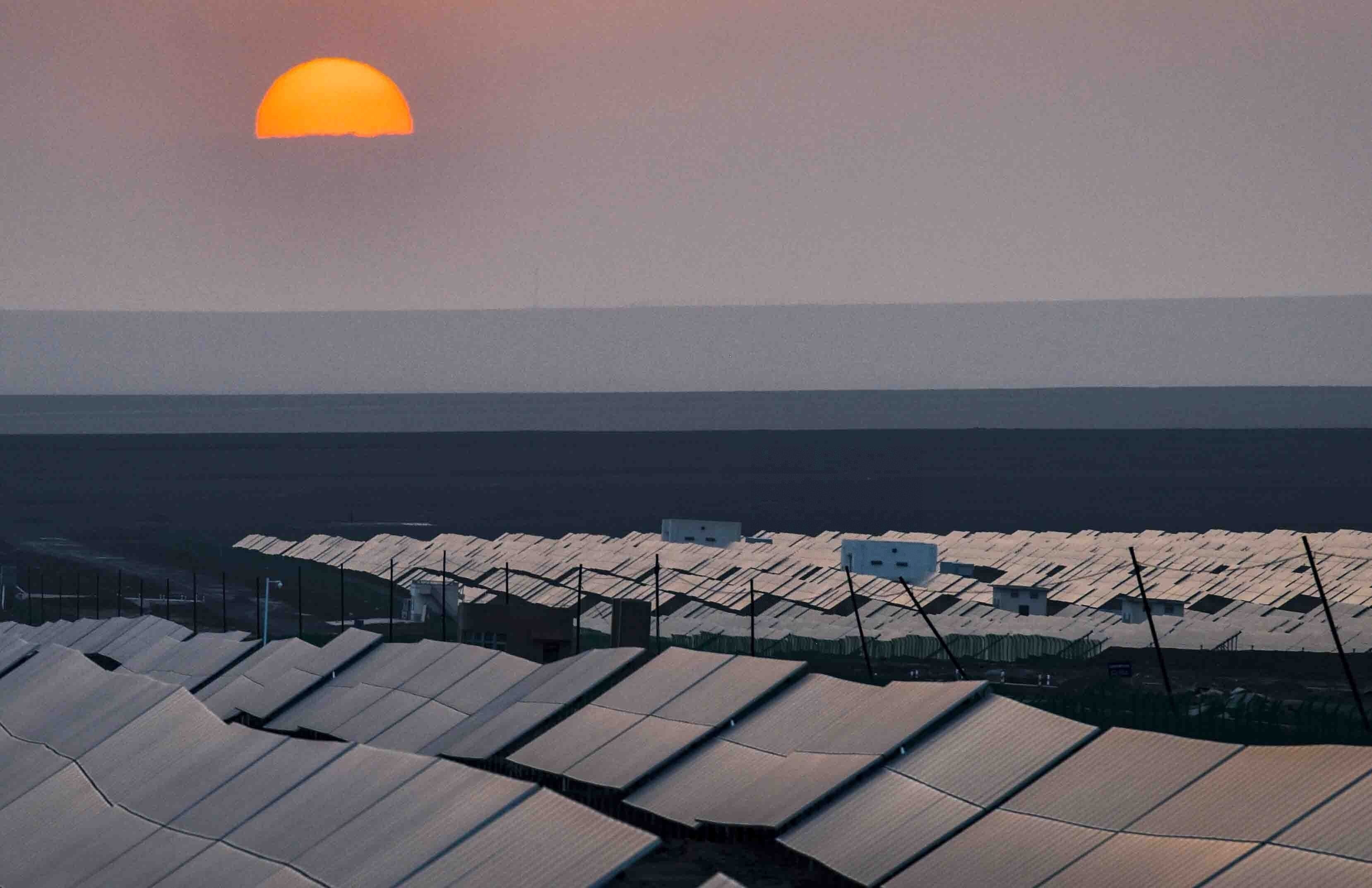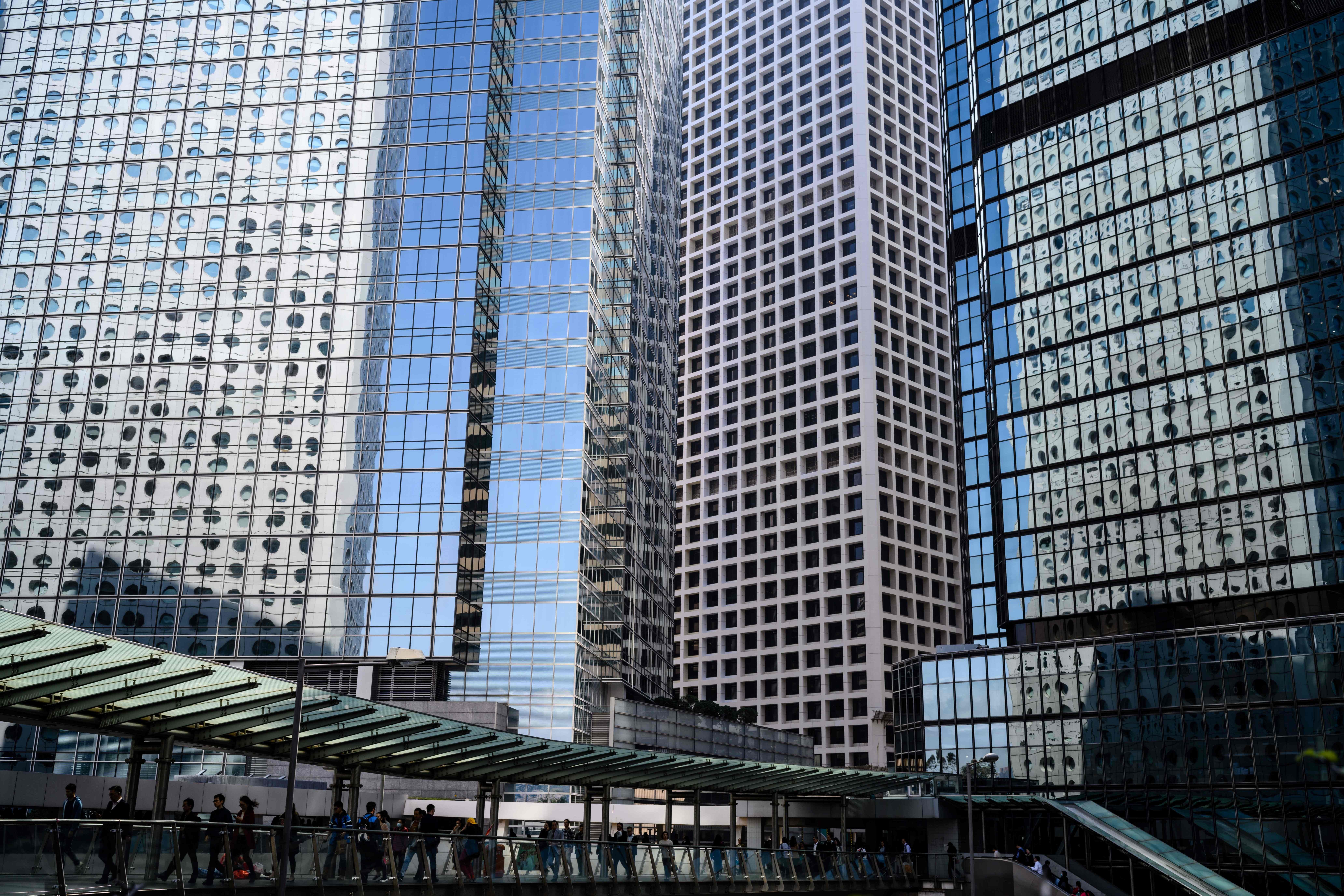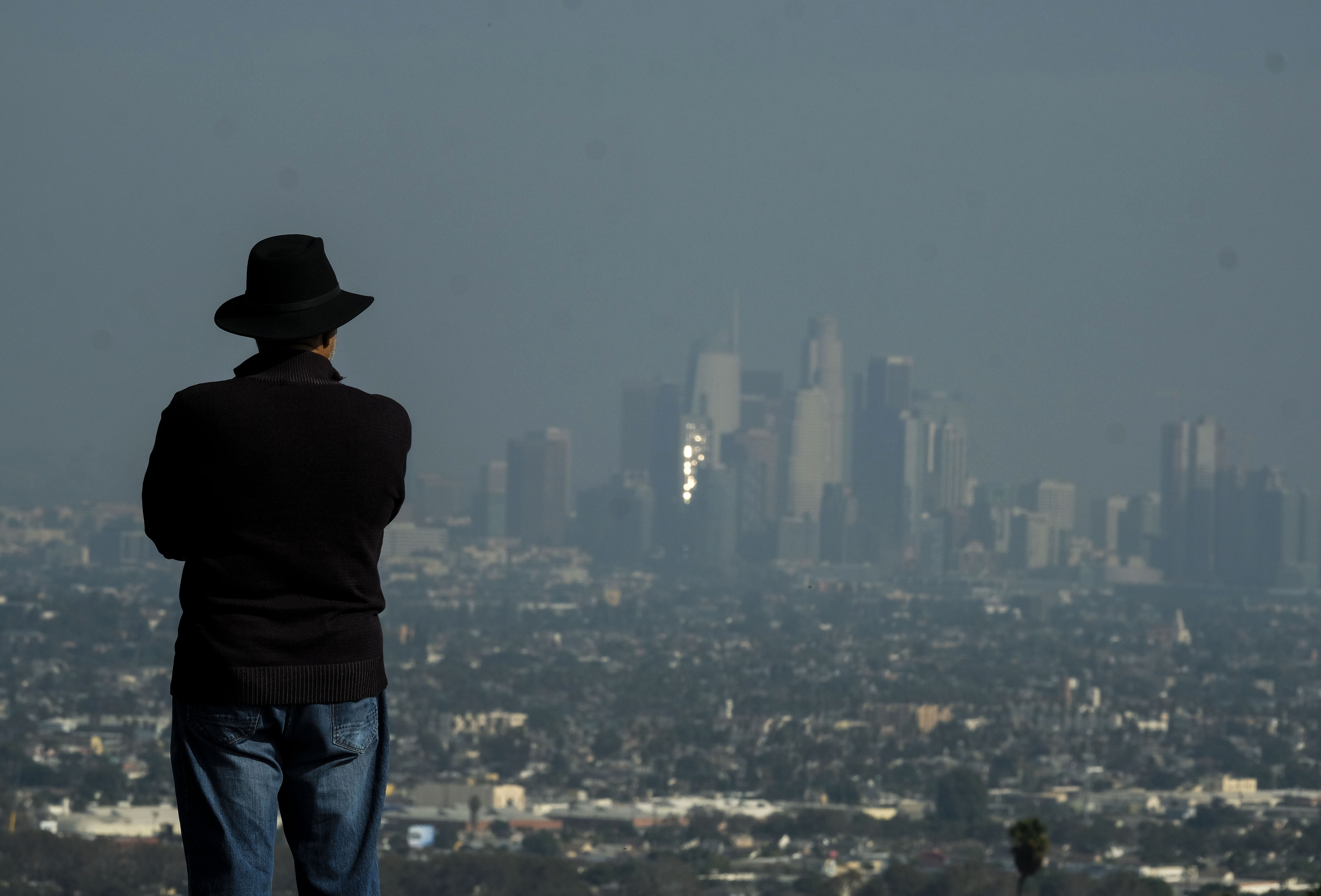Advertisement
Advertisement

Jill Baker
Jill Baker is adjunct fellow at Asia Business Council.
The success of the government’s green bond scheme provides plenty of scope for investing in groundbreaking energy projects and pursuing ambitious climate policy. Yet, our leaders can’t seem to think bigger than a few low-carbon buildings and waste management fees.
The metaverse is rich with opportunities for digital design and trade, while Asia already boasts high numbers of users and creators. As an innovation hub and key player in the Greater Bay Area, Hong Kong can lead the regional development of a tech-enabled creator economy.
Legco’s approval of the waste charging bill comes with a request for a delay in implementation that makes little sense. The success of the recycling schemes in Taipei and Seoul underline the role civil society can play in building trust and community buy-in.
Working on the goal of carbon neutrality as a shared community project, one that sees the Hong Kong government truly engaging with voices from all parts of society, could be a powerful way of rebuilding trust in a divided city.
Advertisement
